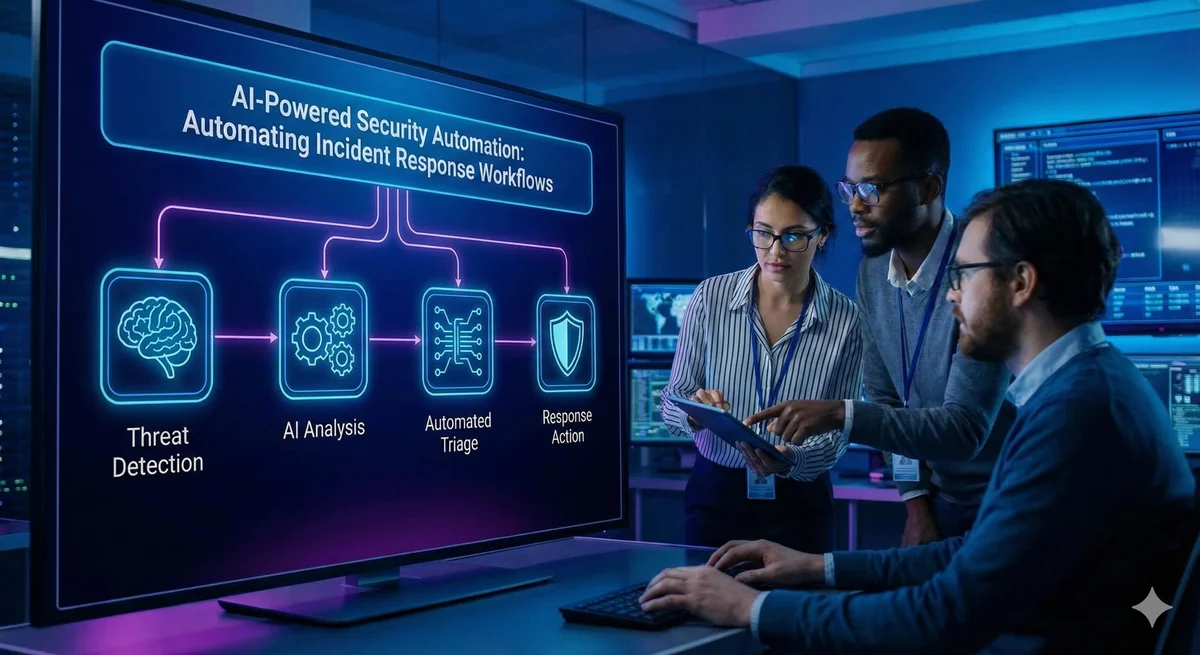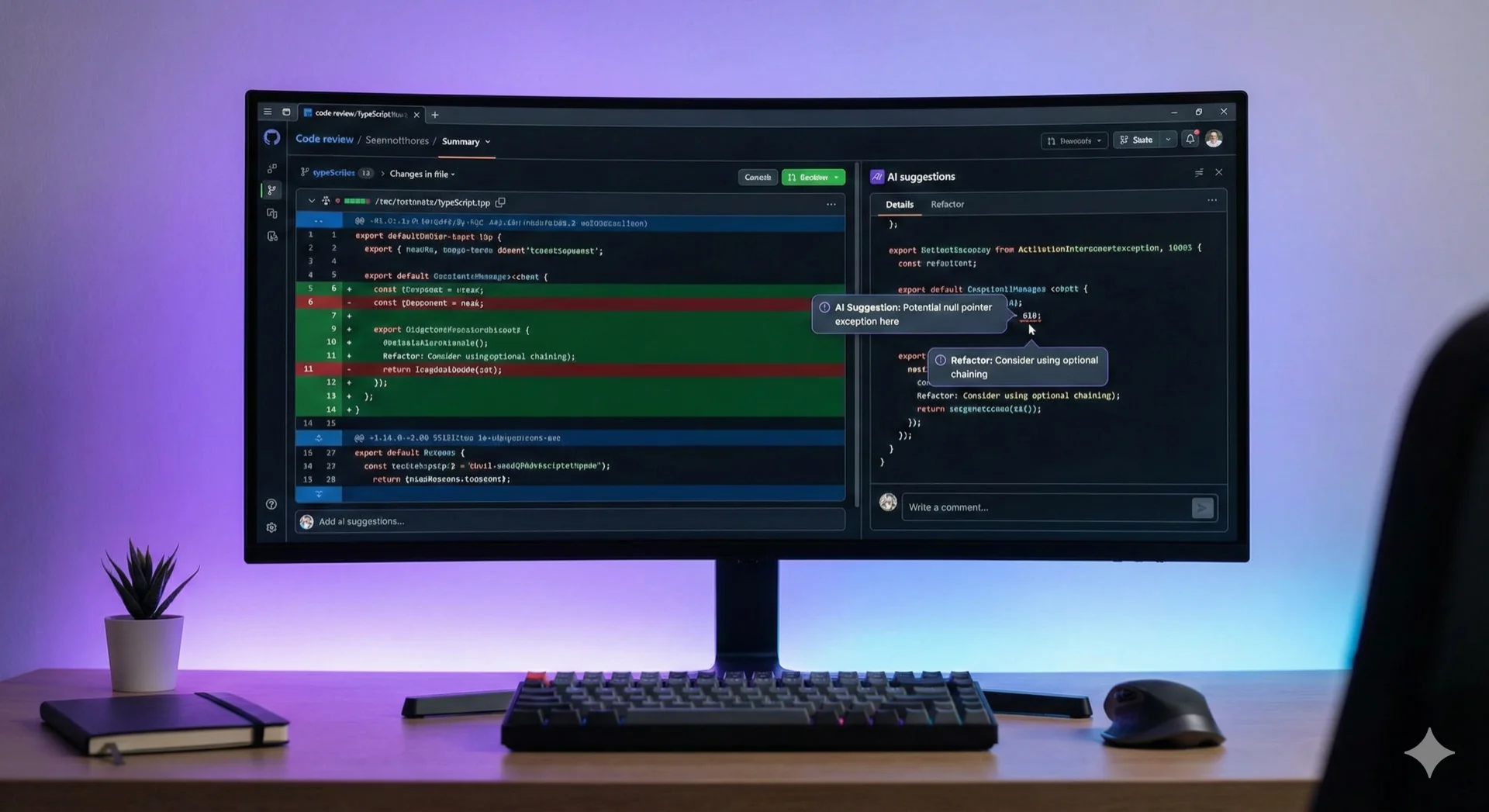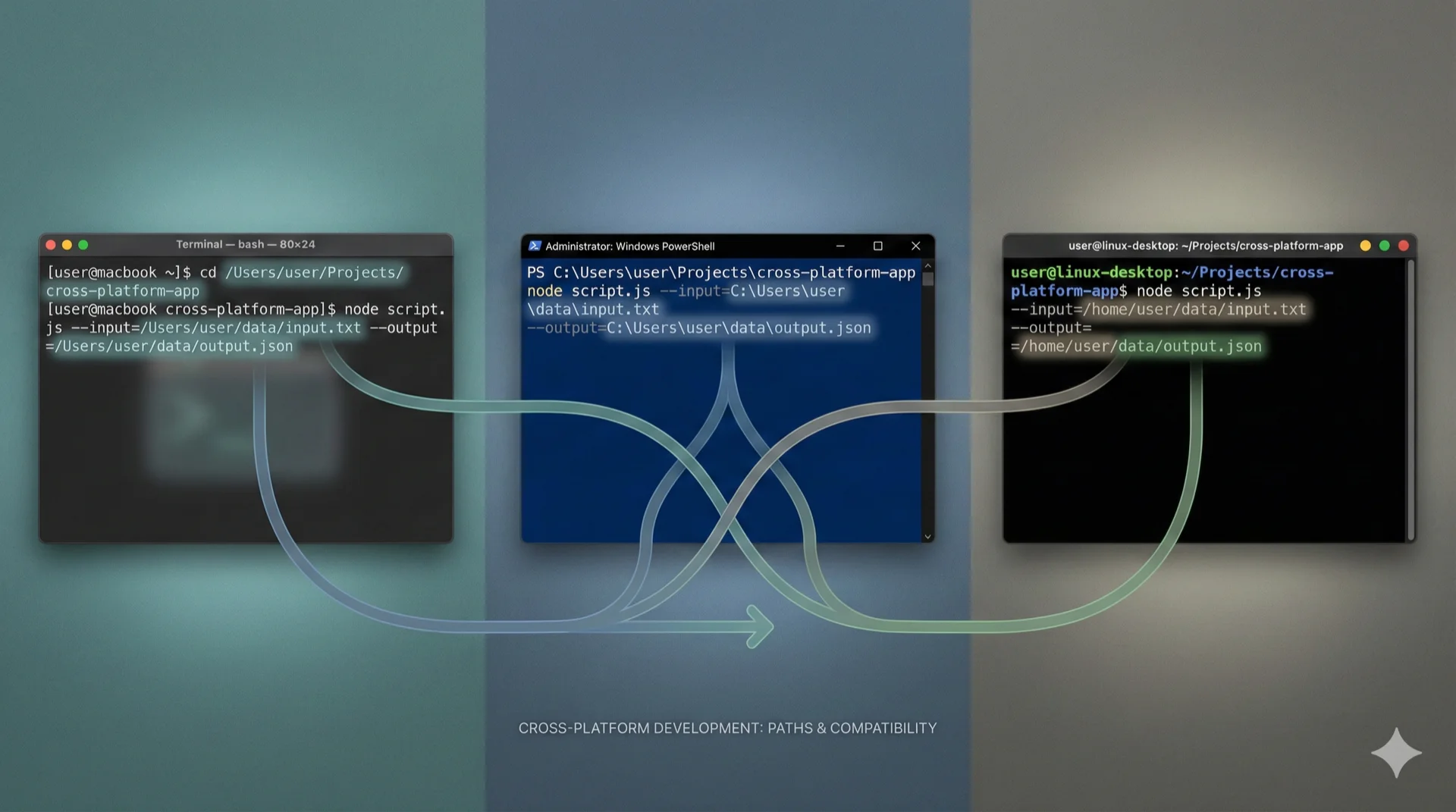
AI-Powered Security Automation: Automating Incident Response Workflows
Note: This guide is based on technical research from authoritative security sources, NIST publications, MITRE ATT&CK documentation, and open-source security automation frameworks. The techniques described are technically sound and based on documented production implementations. Readers should adapt these approaches to their specific security requirements and compliance needs. Security Operations Centers (SOCs) face an overwhelming volume of security alerts. According to the Ponemon Institute’s 2023 Cost of a Data Breach Report, organizations receive an average of 4,484 security alerts per day, with SOC analysts able to investigate only 52% of them. AI-powered automation offers a path to handle this alert fatigue while reducing mean time to respond (MTTR). ...



